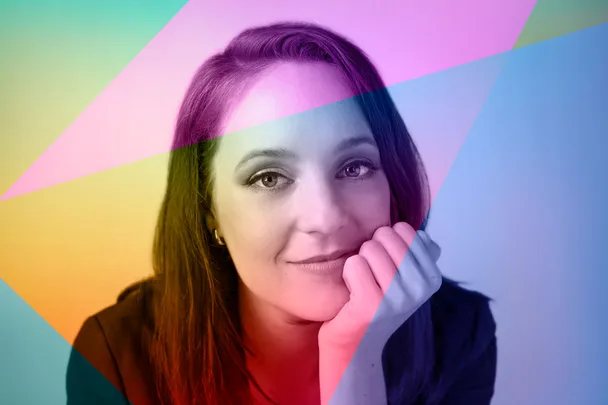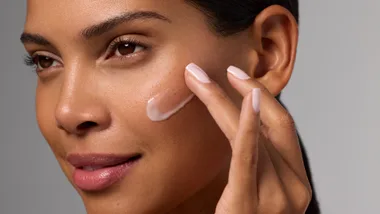Growing up, the first time I heard the word “gay” it was used as a slur, to signal when something or someone was uncool or embarrassing. To be gay was the worst thing that someone could be. Hearing those words and witnessing those attitudes meant when I realised I was gay, it was like discovering I had cancer. I felt like there was something inside of me that was wrong, that I didn’t choose or want and had no control over. I couldn’t imagine a future for myself that would be OK, now that I was the thing so many people had said was an illness, a crime or a sin against God.
We should all be able to say whatever we like to whoever we want to hear it, right? That’s freedom of speech. But what if freedom of speech wasn’t a value held individually, but one we championed collectively?
In the wake of Rugby Australia’s decision to terminate their contract with star player Israel Folau, freedom of speech has been a hot topic. After being warned, Folau posted to his verified Instagram account that people like me were bound for hell. Unless you’re LGBTIQ, it can be difficult to understand the profound damage words like these can inflict on your self-worth and your safety within society. Because words mean things; words do things.
When a young person is making the discovery of who they are and who they will one day fall in love with, it’s devastating to hear powerful, revered people like Folau (or radio presenters, school principals and politicians) say that you belong in hell. Maybe that’s why one in two teenagers who are transgender in Australia can’t see a future for themselves and try to take their own life. You read that correctly: one in two.
Words like these don’t simply break our hearts, they transform into laws that say it’s OK to expel kids from school for being LGBTIQ – did you know religious schools in NSW are allowed to do this? They empower violence against people when we hold the hand of the one we love. Are the proliferation of words like these the reason I’ve been assaulted in the street?
Silent acceptance of the so-called “free speech” that vilifies your friends, your colleagues and your family members shows everyone the standard that Australia is happy to walk past. LGBTIQ people see taunts and threats against us ignored, and it hurts.
So, is letting anyone say whatever hateful thing they want and demand a spotlight and microphone to shout from really free speech? Whose voices do we silence when we defend powerful people’s rights to loudly, publicly demonise entire communities?
When Folau condemns homosexuality not from the church pulpit but to his tens of thousands of young, adoring Instagram fans, there will be young people who read these words and hear, “Don’t speak, not you. You belong in hell.” That isn’t freedom.
Let’s speak freely about big, controversial ideas: should we abolish prisons? Is testing on animals ethical? Should Harry Styles play Prince Eric in The Little Mermaid remake? (Obviously, yes.) Let’s speak boldly and bravely, and listen with open hearts and minds. And while we’re at it, let’s make sure marginalised voices are part of the conversation and not demonised into self-censorship. Next time, think: whose voices right now aren’t being heard? Why might it be that they don’t feel welcome?
Making sure we’re all part of our collective conversations is the right thing to do, ethically, but it’s also smart. Flourishing societies benefit from diverse voices and our collective freedom of speech is strongest when we all participate in the conversation.
How Powerful We Are by Sally Rugg ($32.99, Hachette) is out now. If you or anyone you know needs help, contact Lifeline on 13 11 14.
Photography by Rebecca Hitch/Shuttershock.
This story originally appeared in the October issue of marie claire.










